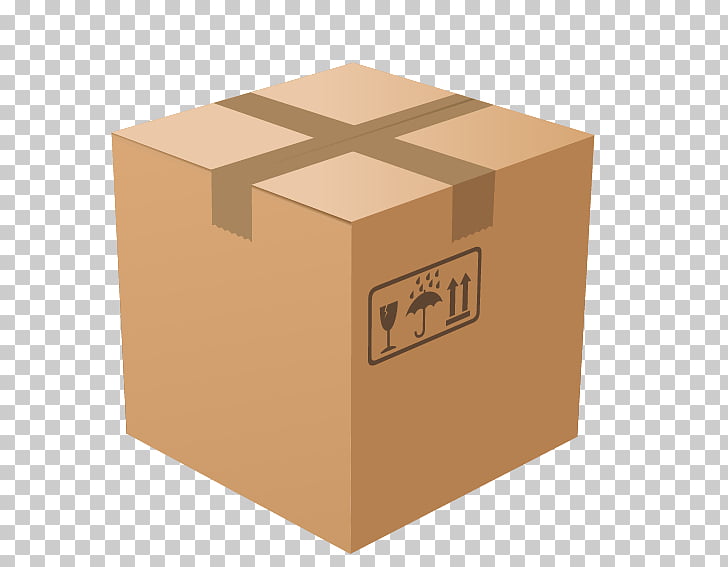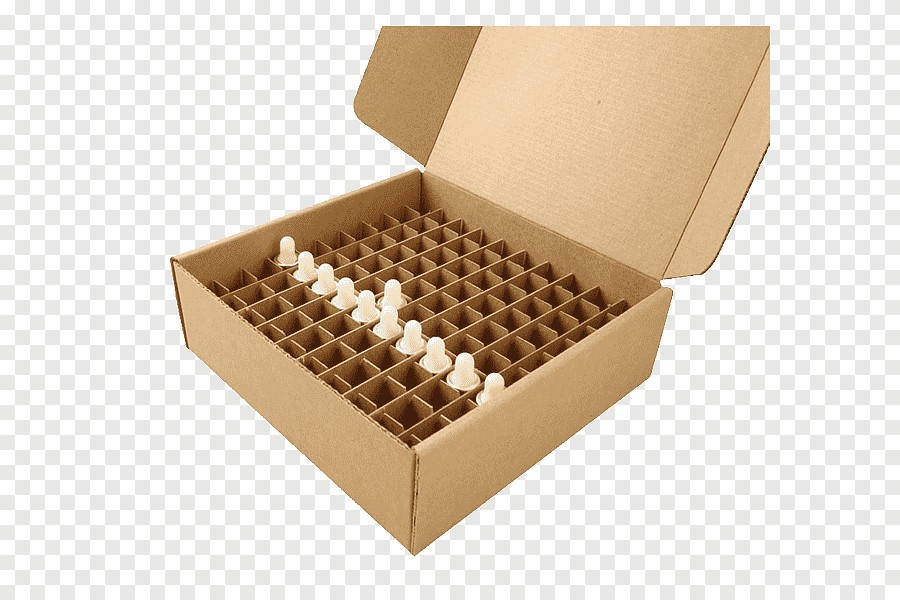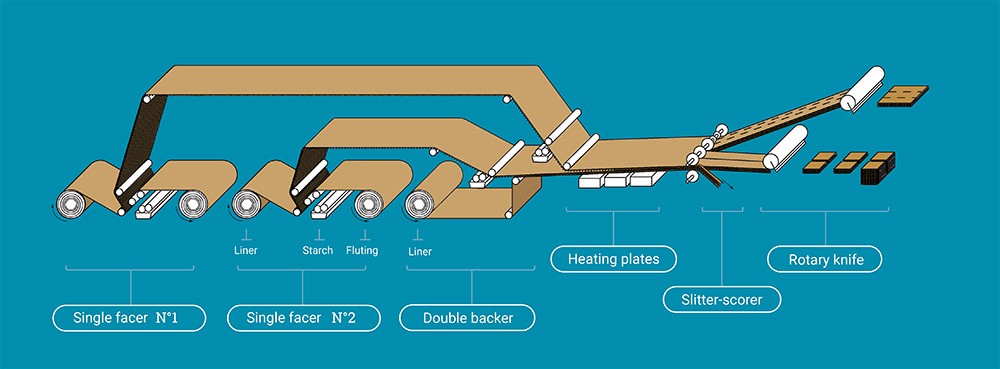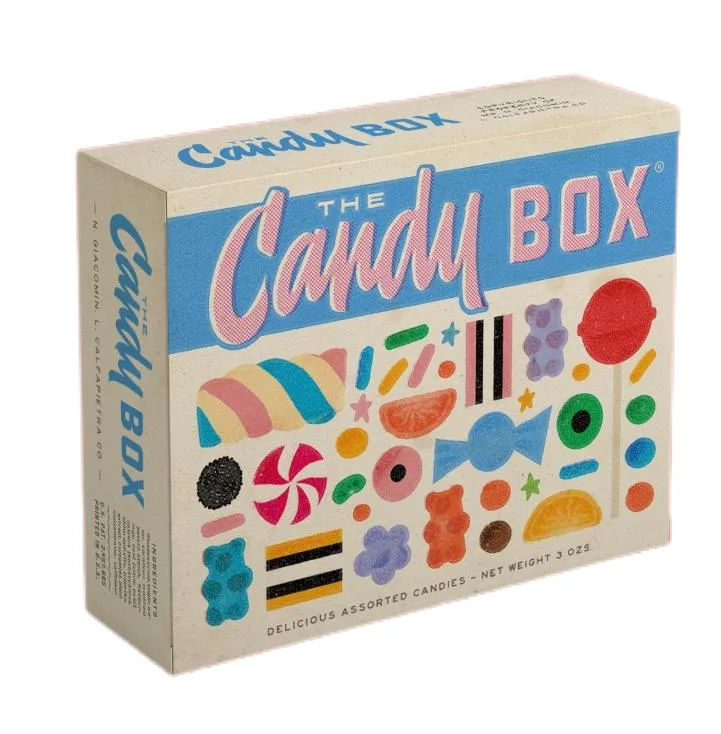As global markets shift toward greener practices, sustainable packaging has become a priority for businesses across industries. From eco-friendly carton design to effective recycling systems, every stage of packaging plays a role in reducing environmental impact.

1. Designing for Sustainability
Smart packaging design begins with minimalist structures, optimized to use fewer materials without compromising durability.
2. Eco-Friendly Materials
Switching to recyclable, biodegradable, or FSC-certified paperboard ensures cartons meet modern environmental standards while maintaining product protection.
3. Production Efficiency
By integrating AI and automation into carton production, businesses can minimize waste and energy usage, contributing to lower carbon emissions.

4. Recycling and Circular Economy
Well-designed cartons are easier to recycle. Companies that promote closed-loop recycling systems enhance brand reputation and customer trust.
5. Consumer Engagement
Packaging can include recycling instructions or QR codes, helping customers actively participate in sustainable practices.

FAQ
Q: Why is sustainable packaging important for businesses?
A: It reduces environmental impact, aligns with regulations, and appeals to eco-conscious consumers.
Q: What materials are best for sustainable carton packaging?
A: Recyclable cardboard, biodegradable paperboard, and FSC-certified materials.
Q: How does design affect packaging sustainability?
A: Minimalist, right-sized designs reduce material use and waste.
Q: Can sustainable packaging also cut costs?
A: Yes, efficient use of materials and recycling reduces long-term expenses.

Looking to make your packaging more sustainable and recyclable?
👉 Discover eco-friendly solutions at goodcarton.com.
